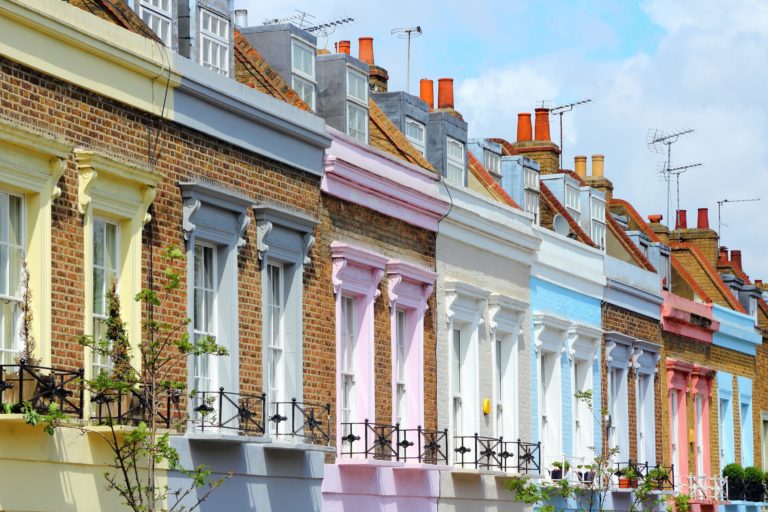Help Is At Hand For Property Leaseholders
Are you aware of the differences between owning the freehold of your home and being a leaseholder?
Someone who owns a property outright, including the land it is built on, is a freeholder.
With a leasehold, the person owns a lease, which gives them the right to use the property for a set period via an agreement with the person or company which owns the freehold.
While it is common to buy a flat on a leasehold basis, the practice of selling houses in this way has mushroomed in the last few years, as developers and builders realised that, in addition to achieving the sale price on a property, they could charge an annual rental payment (ground rent) with the potential to double the cost of this ground rent every 10 to 15 years. Developers can also sell freeholds to outside investors, who can (and do) ramp up ground rents. Attempting to buy your own freehold from a developer after the sale has gone through on a leasehold basis is allowed, but the developer or investor can demand whatever price they wish.
In addition, the leaseholder buying a new property will normally be offered a lease over a fixed period of between 99 and 125 years. Although there is a right to extend leases, it can be expensive and under current rules leaseholders of houses can extend their lease only once, for 50 years, with a ground rent.
However, help is now at hand. The Competition and Markets Authority has ruled that doubling ground rent every 10 or 15 years is unfair because, apart from the increasing cost for no extra benefit, it makes it more difficult to sell the property.
Campaigners calling for leaseholds to be banned on new builds now have backing from the government with the Housing Minister, Robert Jenrick, saying that unfair practices like those described “have no place in our housing market”.
As the government has announced the biggest changes to property law in 40 years, this means that homeowners caught in this trap will gain greater control of their properties and free themselves from ground rents which have been costing them so much.
When the legislation is passed, leaseholders will be able to extend their leases to 999 years with no ground rent. Whilst the cost of extending a lease, which has been known to go into tens of thousands of pounds, will also come down under the plans. The reforms mean both house and flat leaseholders will now be able to extend their leases to 999 years with a ground rent set at zero.
Even when the legislation is passed, it is important that when it comes to buying a new property, you have a clear understanding of your rights and obligations as a freeholder or leaseholder. Our advice is always to make sure that your solicitor or conveyancer gives you full explanations and takes you through the terms and conditions.

